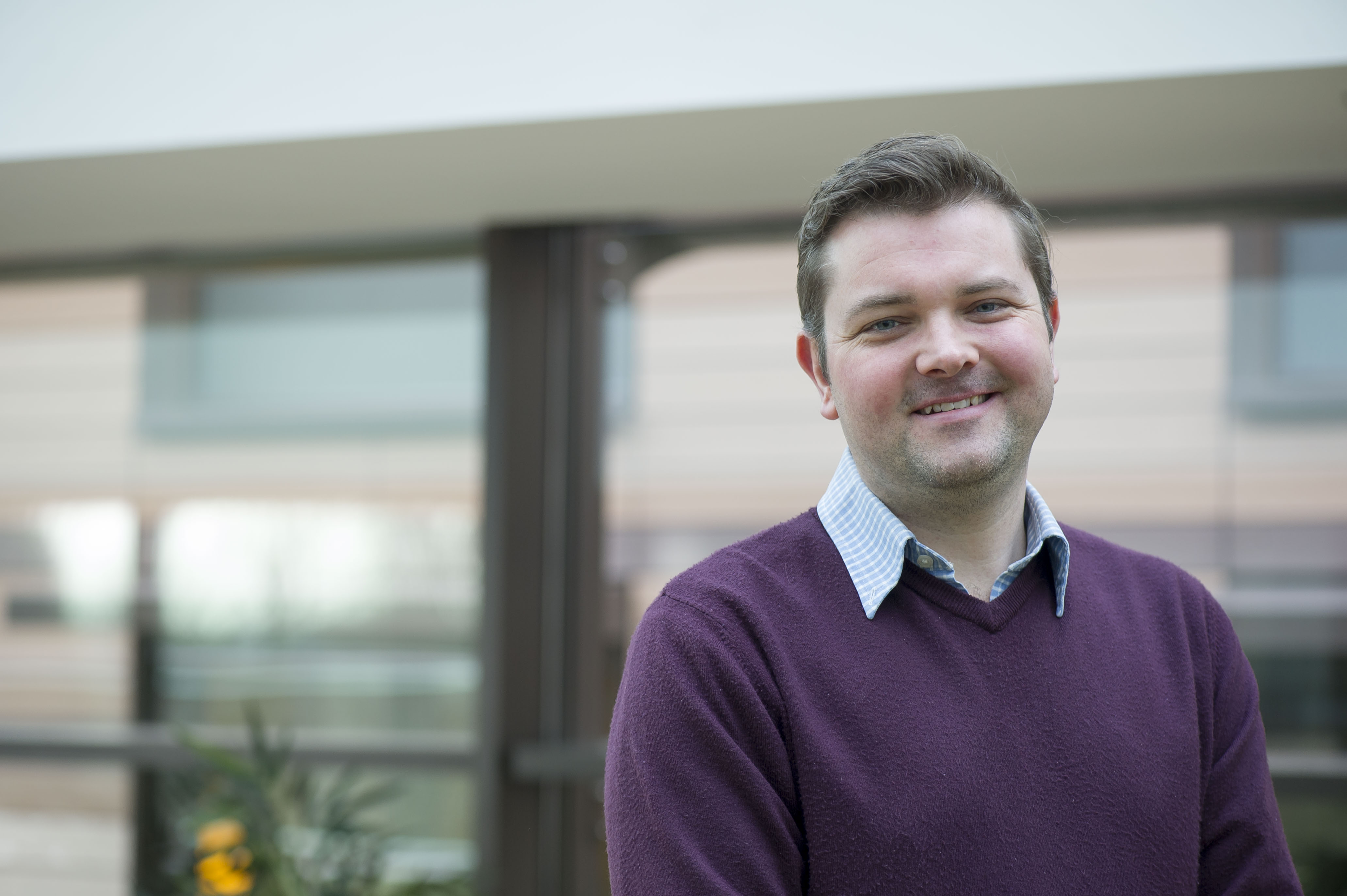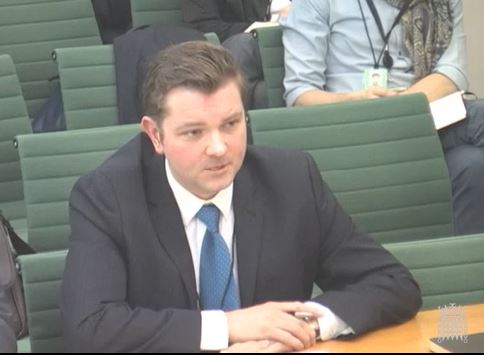
March 18, 2019, by Rob Ounsworth
Delivering select committee oral evidence: a personal reflection
Dr Andrew Mumford shares his experience of giving evidence on hybrid warfare to the House of Commons Defence Select Committee:
On a grey Tuesday afternoon in early March I sat down in front of what looked like the toughest job interview panel you could ever imagine. A row of be-suited, bespectacled parliamentarians sat in front of me, pens hovering. The task ahead of me: to place a cherry on top of a potential REF impact case study by influencing how British policymakers perceive and respond to ‘hybrid’ threats to UK national security. Just another Tuesday in March, then.
My participation in the House of Commons Defence Select Committee inquiry into UK readiness to respond to acts of ‘hybrid warfare’ was my first time giving oral evidence to Parliament. It was a daunting yet rewarding experience. I thought I would share a few thoughts on engaging with policymakers in such an arena.
The pathway
In December 2018 the Defence Select Committee launched an inquiry to explore the tactics used in ‘hybrid warfare’ and how the UK can both defend against hybrid threats and utilise them most effectively against adversaries. Given my previous publication track record on aspects of proxy warfare, as well as relevant consultancy work with the UK Ministry of Defence and Nato, I submitted written evidence to the committee in January this year. A follow–up email from the committee’s resident specialist invited me to give oral evidence in front of the committee too.
Two observations arise from this. Firstly, although serendipity plays a part in securing impact (the committee’s decision to launch an inquiry at this point in the REF cycle was manna from heaven) there is no substitute for a well-established research track record that gets your name associated with particular policy issues. Secondly, it pays to keep an eye on parliamentary business. One of the best pieces of advice I received years ago was to sign-up to parliamentary email alerts, tailored to particular committees of interest. Amidst our hectic schedule of teaching, research, and admin, a single email alert for a potentially superb impact opportunity changed the course of my impact case study.
The experience
Appearing before a select committee for the first time is a daunting experience. I’m not even referring to the airport-style security and armed policemen you have to traverse first. My appearance happened in the Thatcher Room of Portcullis House. A portrait of the Iron Lady ominously loomed over proceedings.
Importantly, the committee specialist had liaised with me in advance of the session, giving us a heads-up of the lines of questioning. This allowed me enough time to re-write my written evidence around the impending questions.
The evidence session lasted just over two hours without breaks. It was a discombobulating experience in many ways. The phalanx of MPs fired off their pre-prepared questions. This might sound naïve, especially coming from a politics scholar, but I must admit that I wasn’t quite prepared for the overtly political nature of some of the questions. Considering that all select committee meetings are transcribed and go on the record in Hansard, I had to tread unforeseen minefields surrounding everything from defence spending as a portion of GDP to the merits of nuclear disarmament.
Watch Dr Mumford giving evidence to the House of Commons Defence Select Committee
Keeping focus was surprisingly hard when the division bell calling MPs to vote was constantly ringing; when a school trip traipsed into the room and promptly left again; or when committee members caught up on email correspondence on their iPhones (note to self: they aren’t students in one of your seminars. Get over it). There are cameras filming proceedings on the wall, there is a microphone in front to catch your every word, and there are journalists behind you taking notes. This is a fundamental out-of-comfort-zone experience. So how best to make the most of it?
The advice
The most important piece of preparation I had was the conversation with the committee specialist the week before. This is standard practice and minimises the chances of nasty surprises when you get before the committee. Knowing the broad line of questioning in advance allowed me to shape the core element of my overall message. Similarly to media engagement, I felt it was important to come armed with key points to convey even if the questions might not fully align with my expertise. Messaging is key – especially if your quoted contribution in any final report is going to be a few lines long at best.
The people in the room with you are also going to be important to facilitating on-going engagement. Take the opportunity to make links with MPs in the room, especially as they are milling around after the session is over (and take business cards!).
It is also a good chance to build your professional network with fellow expert witnesses, whom you should not be afraid to defer to in the evidence session if the question is not in your specialist area.
Finally, work with the Institute for Policy and Engagement before, during and after your appearance to help build your profile, engage a wider audience, and utilise an important travel fund to facilitate short-notice impact work with policymakers. Oh, and then write a blog piece for them about the experience.
Dr Andrew Mumford is an Associate Professor in the School of Politics and International Relations and co-director of the University’s Centre for Conflict, Security and Terrorism.
No comments yet, fill out a comment to be the first



Leave a Reply